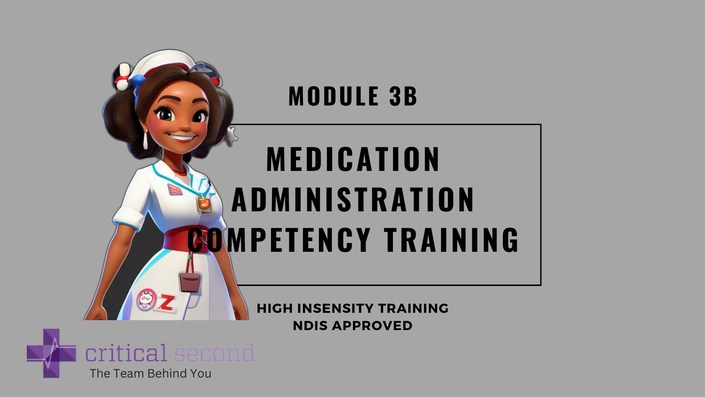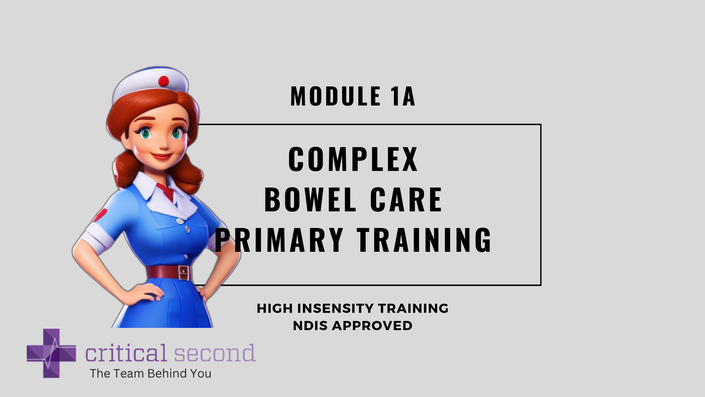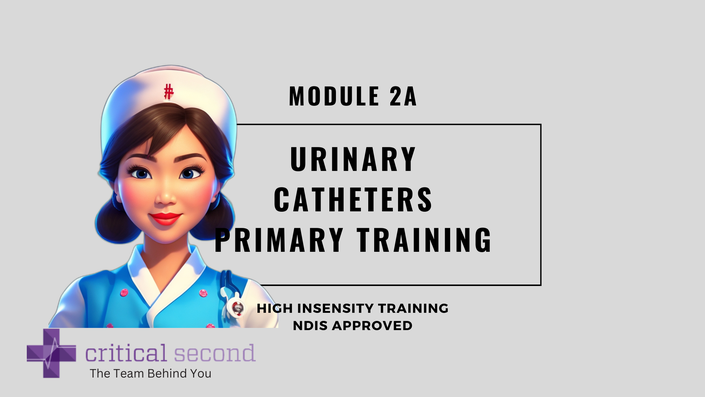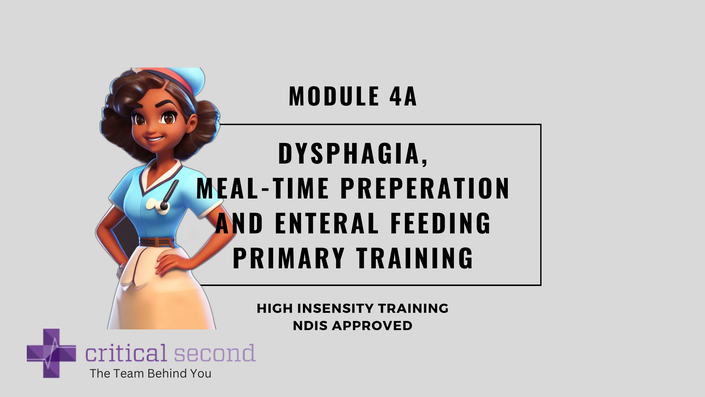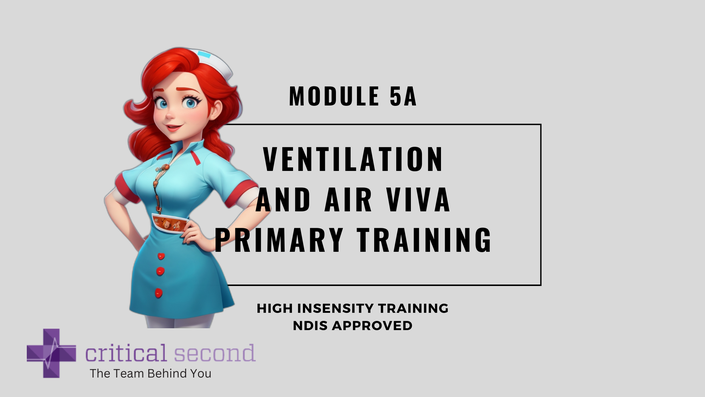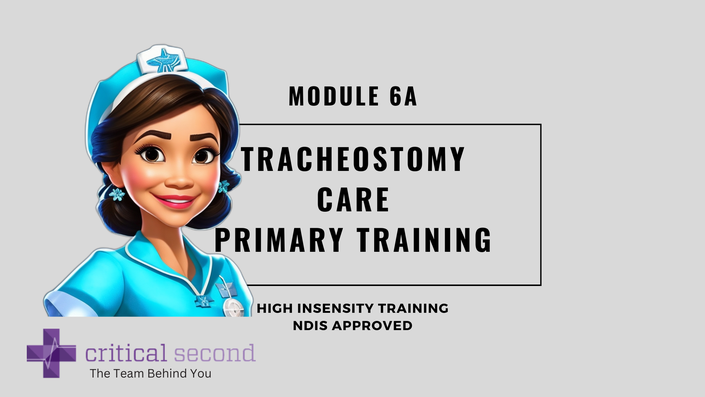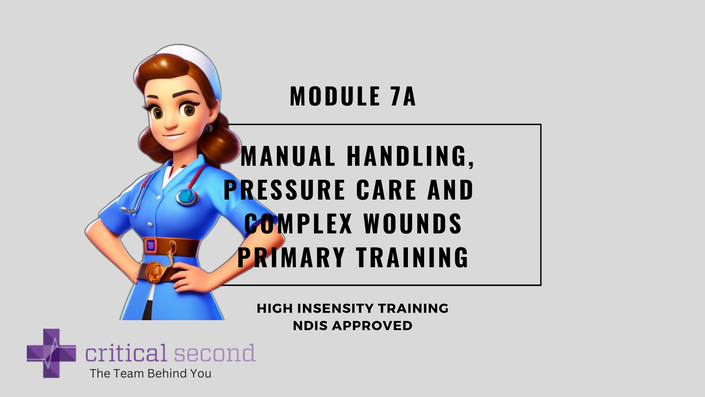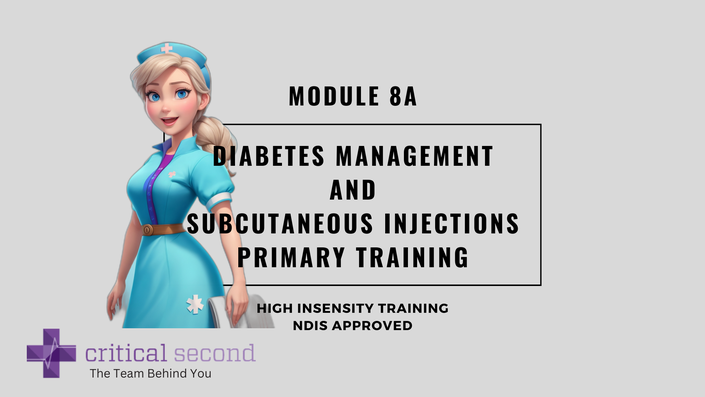Play a Central Role in Patient Care and Safety
This training ensures safety and dignity, fostering trust and respectful care. Ultimately, it's a vital component of comprehensive healthcare education that enables positive outcomes and upholds compassionate care principles.

The Importance of this Course
Nurses and support workers are often the last line of defense in preventing medication errors, which can have life-threatening consequences. Proper training ensures that you can accurately calculate dosages, correctly administer medications through various routes (oral, intravenous, intramuscular, etc. - if you are qualified to do so), and monitor patients for any adverse reactions or side effects. This knowledge is indispensable in preventing medication-related harm and promoting optimal therapeutic outcomes for people.
NDIS TRAINING STANDARDS AND REQUIREMENTS
· Pre-reading and Module A completed (ideally before you start work, to learn best practice), this includes completion of the quiz as evidence of knowledge and understanding. Primary care document issued
· Module A remains evergreen if Learning Discovery Pathways (preferably per customer) are signed off by an approved RN and Module B is completed (in-line with 3 month standard probationary period). This is where a competency document is issued. Also, hence, the loop only remains open if you complete your competencies
· If not completed within 12 months, Module A will be revoked as you have not met NDIS compulsory training standards. You will need to re-apply
· In-line with this criteria, you should only ever have to do Module B once, then it moves to the Module C refresher as part of an annual subscription model with reminders
YOUR DELIVERABLES TO THE NDIS
· PRIMARY CARE DOCUMENT (knowledge), encompassing best practice standards
· Client induction- LEARNING DISCOVERY PATHWAY (skill), identifying customer individuality
· COMPETENCY DOCUMENT (ethics), the marriage of worker, customer and NDIS
Curriculum
THE STEPS
Upon completion of any Primary Training
Module A opens the gateway to working hands-on with high intensity customers
MODULE A | COMPLETE PRIMARY TRAINING | Engage and reflect on learned content and your new deepened understanding.
Client induction-
LEARNING DISCOVERY PATHWAY | Real-world Applications and Risk Mitigation - (The Gateway is Open).
Commence work with your customers. Undertake care with new skills and knowledge.
You have been shown industry practice standards, now follow the Learning Pathways to display your skills and if needed identify differences to practice standards.
Help your customer or identify risk, this is what makes each person unique. If the customer does it differently that's ok. Differences are acknowledged, mitigated where possible and recorded in the risk register.
(Print out this form and complete as evidence of your knowledge and skills)
____________________________________________________
MODULE B | DECLARATION OF COMPETENCE | NDIS High Intensity Descriptor Practice Standards | - Reaffirm foundational skills, meet industry standards and protocols.
Competency issued when all above criteria met (go to Module 3B, see below).
____________________________________________________
C MODULES | ANNUAL REFRESHER | Professional Development, Career Planning, and Lifelong Learning | - Inspire ongoing learning and professional growth, while also staying up-to-date with your credentials via our Annual Competency Refreshers.
Compulsory to remain high intensity competent (go to Module 3C, see below).
Suggestion: Repeat Primary Training before completing this module. Industry updates are added to Primary Training.
TRAIN THE TRAINER | Peer Collaboration
Projects - Foster collaboration
and problem-solving skills. Contact a Critical Second team member about our
Train the Trainer programs and become your workplace expert.
Declaration of Competence
and Annual Refresher
Module 3B - Medication Management Competence
Module 3C - Medication Management Annual Refresher

NDIS Approved Competence
Medication administration training empowers support staff to effectively educate people about their medications. You must be able to explain the purpose of each medication, its potential side effects, and the importance of adhering to prescribed regimens. This education aspect is crucial for ensuring that individuals can make informed decisions about their healthcare and actively participate in managing their conditions. In essence, medication administration training not only safeguards well-being but also strengthens the interpersonal relationship by promoting transparency and shared decision-making in healthcare.
12 Monthly Refresher Required by NDIS
The skills and knowledge in High Intensity supports present some of the highest risks for participants. Regularly refreshing your knowledge and skills is an essential part of staying competent and up-to-date in any field, the NDIS requires a refresher every 12 months as new medical knowledge can change from time to time to updated practices.

You might like these?
Diversify your knowledge and become a more well-rounded nurse or support worker

